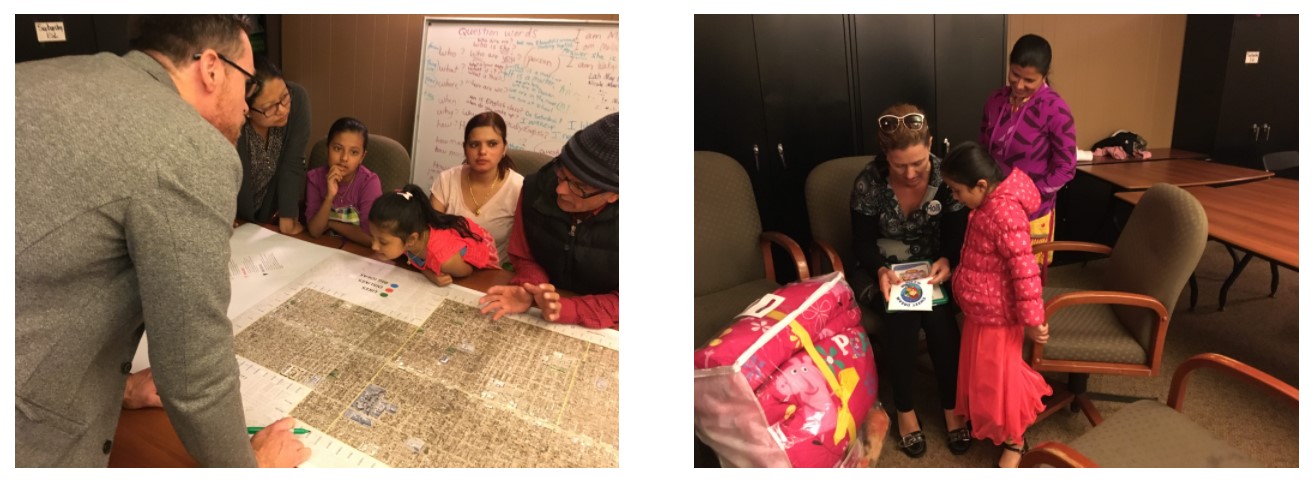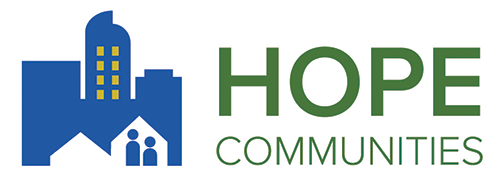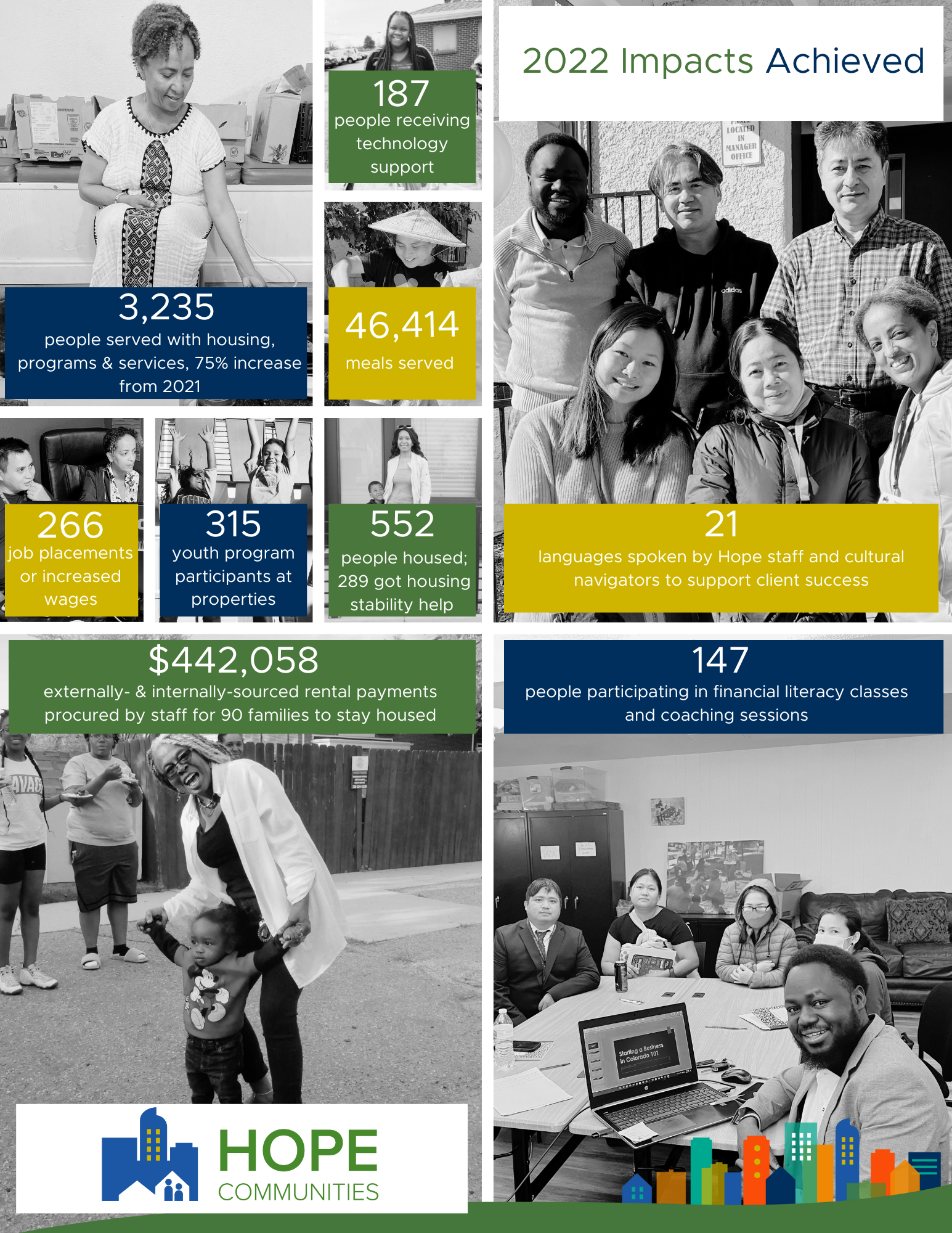Impact
Impact by the Numbers*
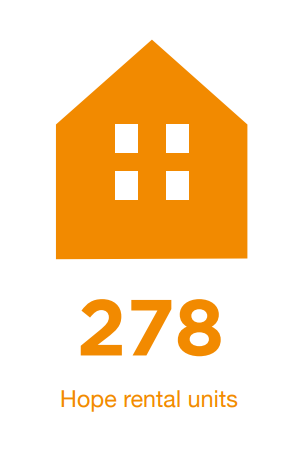
Hope Board Member Tracey Stewart talks about the impact of Hope Communities in this short video.
*Impact Numbers from the first 10 months of 2022.
Recent Posts
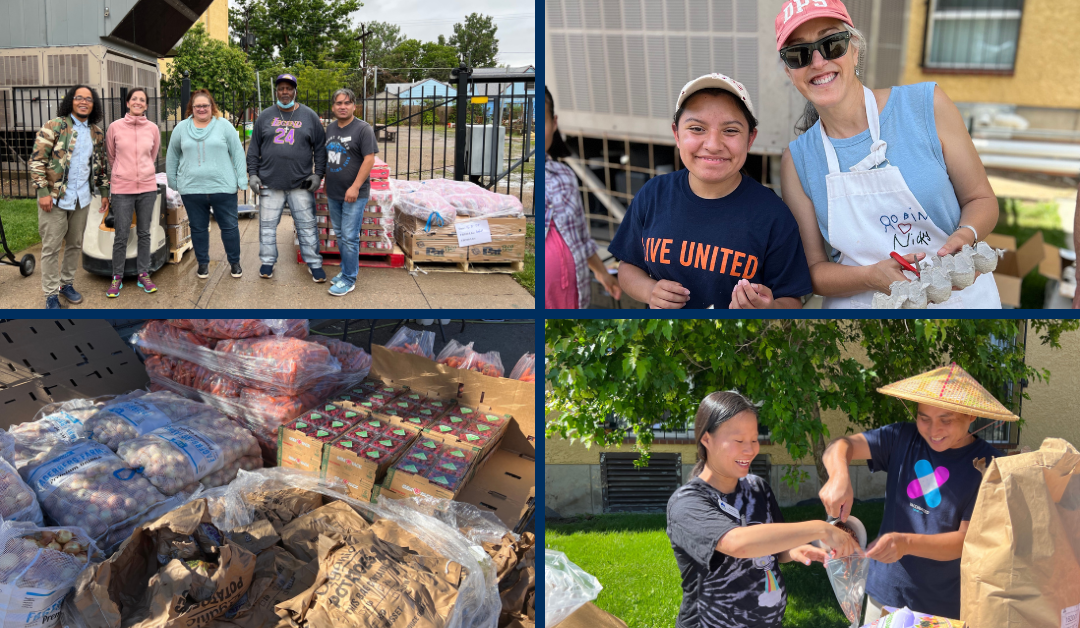
Partnerships that keep our communities fed
Since starting our food distribution program at the height of the pandemic in 2020, we have partnered with several agencies to get fresh, healthy foods to our community. While we have been fortunate enough to be the recipient of several generous grants, often what we...
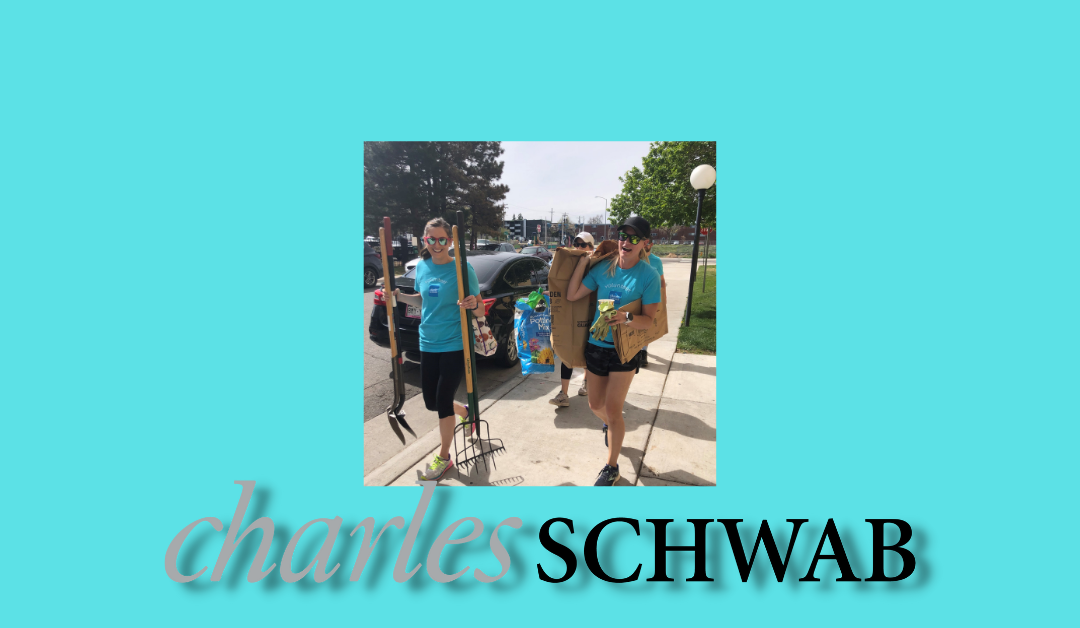
#Schwab4Good
In early May, volunteers with Charles Schwab came to Hidden Brook to help out for their annual volunteer day. All across the country, Scwabbies, as they call themselves, donated a day of their time to non-profits to assist in doing anything that needed doing. This...

Helping Families This Holiday Season
What is Treasure Store? Treasure Store was started as a way to help our resident families during the holidays. Every parents wants to make sure their children have a gift to open on their day of celebration, but it can be a financial hardship. To ease that burden,...

Updates from the Community
Our Mission. We strengthen communities and provide pathways to economic and personal opportunity through affordable housing, educational programs and support services. One of the most important things you can do on this Earth is to let people know they are not alone....
Community Spotlight: Karna
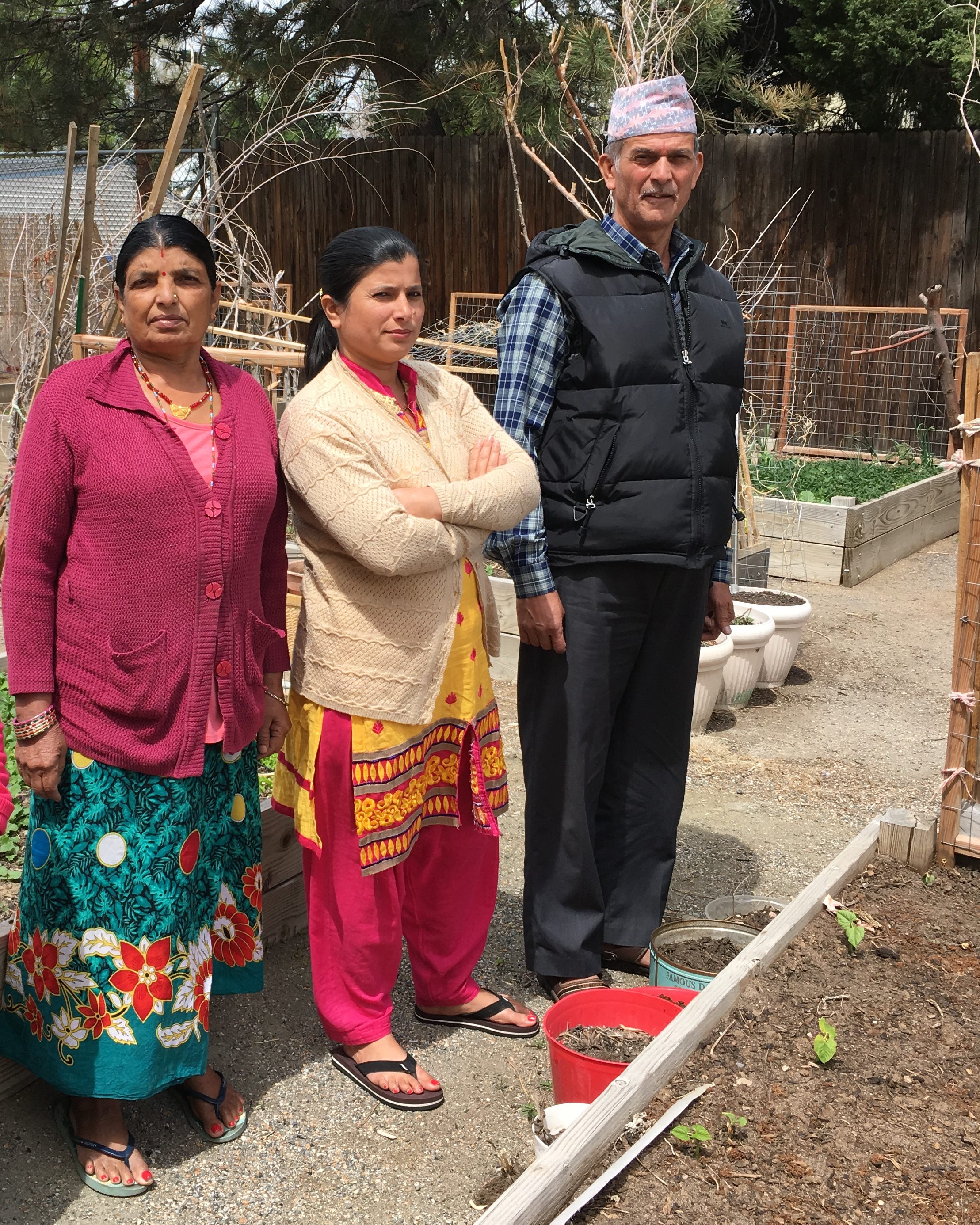 Karna joined our community in 2014 when he immigrated to the United States. Born and raised in Bhutan, Karna owned and operated a successful farm with his wife and children. He had large fields of corn, lemon and orange trees, and more than 50 head of cattle. Tragically, in 1993 the government suddenly declared Karna an illegal immigrant. Though he had lived in Bhutan his entire life, he was not considered ethnically Bhutanese, and thus expelled from the country. For the next 21 years of his life, he lived in a Nepali refugee camp. In the camp, rain would flood the grounds, and strong winds would knock down the walls of Karna’s flimsy housing structure. Undeterred by his circumstances, Karna volunteered to help his community. He worked with non-governmental organizations to distribute supplies and assisted with the organization and management of the camp. As the years passed, it became clear that Karna and his family would never be able to return to Bhutan.
Karna joined our community in 2014 when he immigrated to the United States. Born and raised in Bhutan, Karna owned and operated a successful farm with his wife and children. He had large fields of corn, lemon and orange trees, and more than 50 head of cattle. Tragically, in 1993 the government suddenly declared Karna an illegal immigrant. Though he had lived in Bhutan his entire life, he was not considered ethnically Bhutanese, and thus expelled from the country. For the next 21 years of his life, he lived in a Nepali refugee camp. In the camp, rain would flood the grounds, and strong winds would knock down the walls of Karna’s flimsy housing structure. Undeterred by his circumstances, Karna volunteered to help his community. He worked with non-governmental organizations to distribute supplies and assisted with the organization and management of the camp. As the years passed, it became clear that Karna and his family would never be able to return to Bhutan.“I’ve got only my children and my wife from Bhutan, nothing else.”
In 2007, the United Nations High Commissioner for Refugees along with eight partner countries agreed to begin resettling Bhutanese refugees permanently. Karna applied for his family to come to the United States, and in 2014 his application was accepted. Immediately upon arriving in the US, Karna and his family were placed in Denver at Hidden Brook Apartments.
Karna’s apartment at Hidden Brook is solidly constructed, safe, and a place that he can call his own.
“I like many items about living here,” he says, “I feel very safe. When I have any problem, I talk to [my] manager.” Karna and his wife receive assistance navigating the healthcare system here, and have also enrolled in an Elder Daycare program, where he interacts with others his age and explores the community. He has made friends with other Bhutanese and Nepali families at Hidden Brook, who also help him learn about his new home. Karna’s new life in Denver is filled with opportunity and family as a new grandfather, and proud father of three thriving adult children. Even while still learning English and with little formal education, he brings his agricultural knowledge to enhance Hidden Brook’s community gardens. His garden provides a bit of familiarity in a new world.
His apartment here at Hidden Brook is much more than a place to live. It is, finally, a place to call home.
